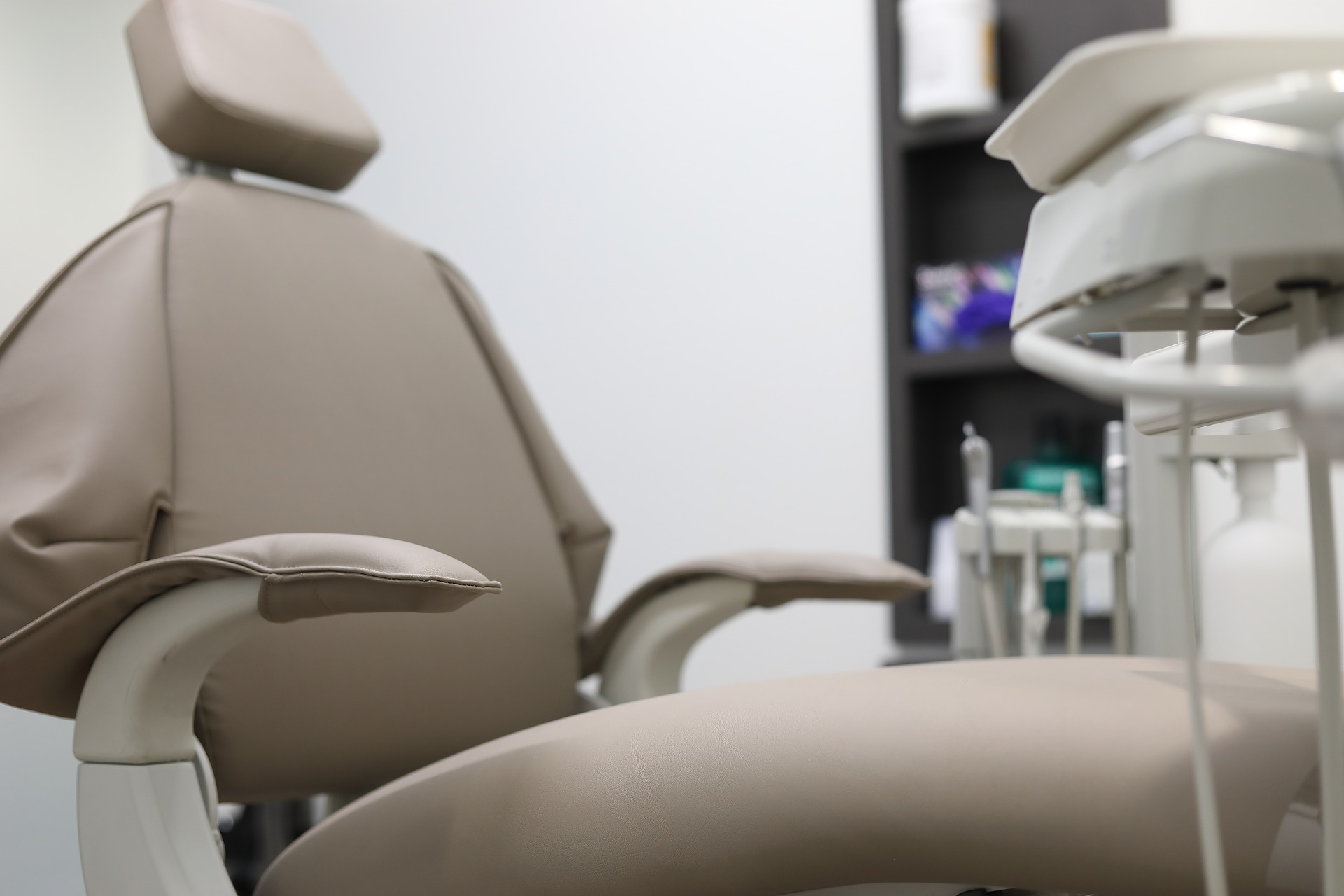Residential treatment centers for youth can be a boon to an afflicted teen and their entire family. Still, before choosing any rehabilitation or treatment option, it’s wise to understand what those options entail.
We’ll give you a thorough breakdown of what residential treatment centers do, how they operate, and why they’re so effective at treating various conditions, from anxiety and stress to drug abuse.
What Is A Residential Treatment Center?
A residential treatment center is a resource used by millions of Americans to help them cope with a variety of concerns. These can vary from the mild, such as higher stress levels, to the extreme, such as disorders, cognitive issues, or substance abuse. The goal of a residential treatment center is to create a healthy environment for the patient that allows them to focus on their own recovery, often blending a retreat-style getaway with therapy and personalized care.
What Services Do Residential Treatment Centers Provide?
Residential treatment centers offer a variety of services, including:
Therapy
Therapeutic treatment is at the heart of every residential treatment center. With licensed mental health experts and experts in various conditions that may affect a patient, residential treatment centers offer a combination of individual and group therapy approaches depending on the issues that the patient presents.
Approaches differ by treatment center, but the goal is to help the individual recognize the validity of their feelings, express those feelings in a safe space, and, over time, learn to cope with their emotions, impulses, or addictions. Treatment options vary greatly, some proving more effective at treating specific types of disorders, conditions, or predispositions:
- Talk therapy – Often used with teens, talk therapy is a common approach wherein an individual can talk with a licensed mental health professional about anything and everything, walking through life experiences to process them effectively.
- Group therapy – Individuals in a treatment center often participate in group therapy, which allows treatment center members to share their experiences, their struggles, and their growth. Knowing they’re not alone greatly benefits many who are struggling, and having someone with the same difficulties cheering them on creates an environment of positivity.
- Alternative therapy treatments – From specialized treatments such as psychodynamic therapy to dialectical behavioral therapy, different schools of thought in therapeutic treatments can lead to different outcomes. Depending on the patient’s condition, a specialized type of therapy may be necessary or helpful.
- Activity-based treatment – Research suggests that structured physical activity is beneficial in residential treatment centers. Some level of activity fosters overall wellness and may contribute to a better sense of well-being. These may include art therapy, yoga therapy, acupuncture, or massages.
- Animal-assisted therapy – Lastly, animal-assisted therapy uses animals like dogs and horses, for which the center patients may care. These approaches reduce anxiety and can instill responsibility. Animal-assisted therapy is particularly helpful for patients with mental health disorders.
Retreat-Style Care
One of the underlying principles of a treatment center is the retreat style. In essence, it’s supposed to be a relaxing and calming environment that lets troubled individuals take their minds off the stressors of everyday life for a little while. In doing so, they can concentrate on the therapy provided, develop a sense of personal wellness, and, if applicable, dissociate themselves from harmful stimuli that could exacerbate their condition.
Such reasoning is particularly relevant for patients who are struggling with substance abuse. By living in a drug-free environment for a while, patients can learn to cope, recognize the way that substances affect their bodies, and restore their condition to a dependency-free state.
The goal of ‘retreating’ is to return to everyday life feeling rejuvenated, strengthened, and capable. From the distance of a retreat, individuals can focus on their own mental health needs without unhelpful outside input and identify circumstances or relationships that are contributing to their success. The increased focus on interpersonal issues in a private space allows the therapeutic method to be truly effective and long-lasting.
A Strong Support Network
Throughout the process, treatment centers provide a powerful network of providers that can help individuals with their needs. Often, people experiencing mental health concerns, cognitive development issues, or addictive/compulsive behavior feel incredibly isolated from their community, friends, and family.
A great benefit of residential treatment centers is that patients have constant support from medical professionals who offer both physical and mental health checks throughout the process. A strong support network places patients in a position to receive the best care they can during their stay, allowing them to return to their everyday life with a better toolkit for coping with their emotions, denying their compulsions, and reframing their thought patterns.
This support network also manifests through discipline; residential treatment center patients often stick to a tight schedule of brief yet intensive therapy. No illegal drugs or harmful behavior are allowed, giving residents the best start to kick unhealthy habits and start the recovery process through treatment.
Continued Support
Recovery doesn’t happen overnight; many patients need continued support as they transition back into regular living. Even after patients leave the residential treatment center, they often have the opportunity to keep in touch with their therapist and report their progress.
Doing so helps transition the teaching at the center to the real world since, in many cases, mental health issues and the temptation of substance abuse don’t just vanish at the retreat. It takes continued effort on the part of the individual to ward off those negative emotions or harmful tendencies, which is much easier with the ongoing support of a therapist.
The Bottom Line
From intensive, specialized therapeutic treatment to a strong support network of care providers, residential treatment offers a range of helpful services that give residents the best chance at recovery. It’s the best of both worlds.
People benefit from residential treatment centers by stepping away from their ordinary lives to focus clearly on recovery. The healing process can be complex and laborious, but a residential treatment center can significantly improve an individual’s quality of life through evidence-based therapy to help them experience long-term success.
Read Also:























All Comments
Bilgi Fresh
Nice post. I learn something totally new and challenging on websites